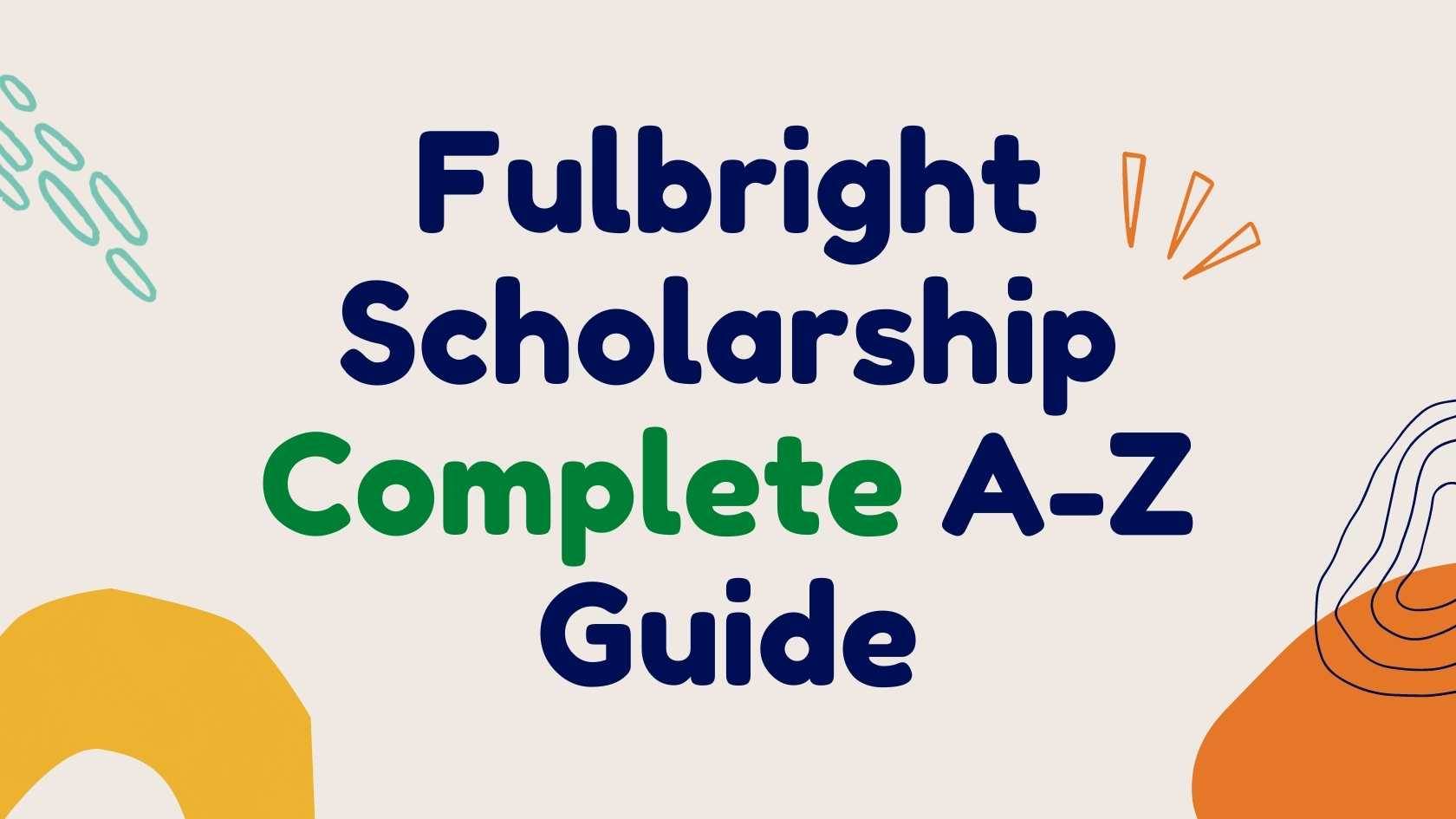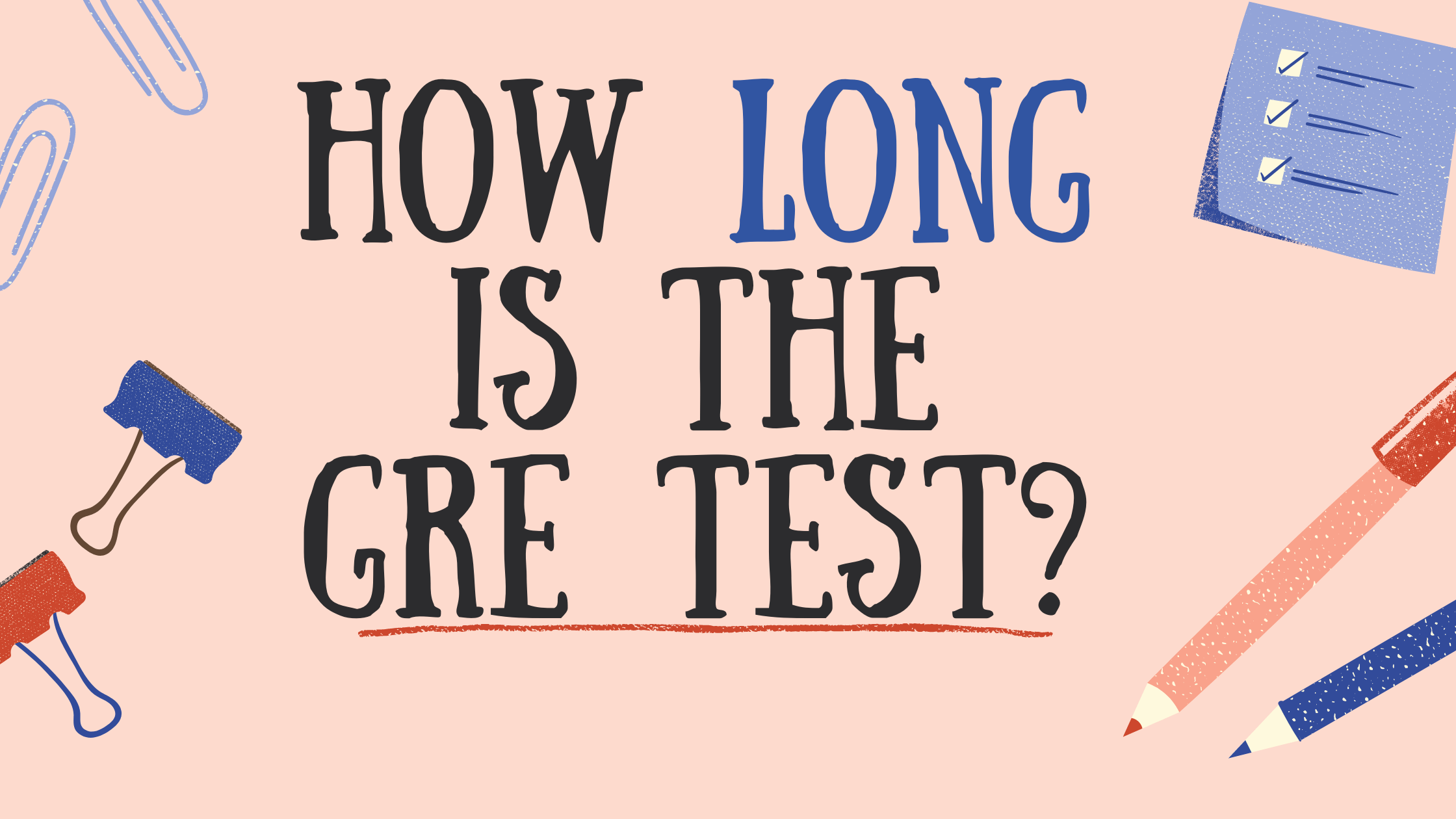The Fulbright scholarship is perhaps the most prestigious for Masters and Ph.D. studies in the USA. The scholarship covers the candidates’ tuition, travel, and stipend expenses. Moreover, because of the rigorous selection process, Fulbrights are considered extremely brilliant. Therefore, it is very important to understand the Fulbright Selection Criteria.
Fulbright Selection Criteria:
We have interacted with thousands of students and mentors in the last 7+ years who were eventually selected for the Fulbright scholarship.
Based on our interaction with Fulbright principal candidates and mentors, we have analyzed the following factors as necessary in selecting Fulbright Scholarship 2024-25, listed in the order of their importance, i.e., how much weightage they carry in determining who gets selected for the scholarship.
Note that if there are multiple factors within the same category level, it means that they hold more or less equal weightage in the selection of candidates.
Category I:
GRE:
The GRE has the highest weightage in selecting the Fulbright applicant. Roughly 30% of your application scoring is dependent upon your GRE scores.
This is an ideal opportunity for those with an average or low CGPA. By ensuring good scores on the GRE, they can supplement their application remarkably.
For example, we know of someone with less than a 2.5 CGPA selected for the Fulbright due to a high GRE score of over 330. This can give you a good idea of your GRE scores’ importance, especially if your GPA is low or average.
Good GRE scores can also help candidates. Get accepted into Ivy League or top-tier universities. We have seen someone with a GRE score of over 330 get accepted into top-notch schools like Harvard, MIT, etc.
For a Ph.D. program, the lowest GRE score can be around 290, but we have rarely heard of someone receiving lower than a score of 290 on the GRE. Such a person may have made it into the cohort due to other criteria mentioned in the article.
For a Master’s program, ideally, the score should be above 300. In rare circumstances, recipients of low GRE scores may also be accepted due to their other achievements or qualifications. For more information, please refer to this article about the GRE scores of selected Fulbright candidates.
You May Also Like This GRE Video :
Category II:
After the GRE, there are two important factors: CGPA and application essays (Personal Statement and Study Objectives)
GPA:
A good CGPA is critical to compensate for a low GRE score. For example, for a Ph.D. program, we have seen students with multiple gold medals and a 4 CGPA make it into the Fulbright cohort despite a low GRE score of around 290.
In the case of Master’s applicants, a CGPA of an undergraduate degree is considered. For Ph.D. candidates, the average of both Bachelor’s and Master’s CGPA would be considered.
Essays (Personal Statement + Study Objectives):
Essays are considered one of the strongest aspects that can make or break your selection. This is mainly because most other criteria, such as CGPA and GRE, are generally historical. The applicant cannot tamper with or change it any longer. Thus, essays are what you are left with to do something about.
It is perhaps the most subjective element of the application. We advise applicants to have a compelling story that fits well with the Fulbright philosophy to improve their chances of selecting and scoring well in the essay component. A clear understanding of what kind of candidates the Fulbright program requires is key to writing an excellent essay.
Your personal statement should follow these general steps:
Current Unique Profile -> US Education -> Actionable Return Plans
Try to connect the three using a compelling story with a cohesive narrative. For an in-depth understanding of how to write a good personal statement, refer to the Personal Statement vs. Study Objective article.
Category III:
Letters of Recommendation:
3 letters of recommendation are required for a complete Fulbright application. If you are a working professional, one of your letters must be from a colleague or supervisor, while the other should be academic. The third letter can be either professional or academic.
This is your discretion–choose the recommenders who know you in a good capacity and who you trust to write you an excellent recommendation.
Make sure the recommendation letter is not generic; it should be unique with respect to your profile, and it should talk about the unique achievements or projects you did in the past.
Category IV:
Priority Subject Areas:
Every year, the Fulbright program advertises the priority areas. In recent years, it has been energy, agriculture, education, water management, etc. They give extra points to candidates in such priority subject areas.
This doesn’t mean health, MFA, or Business applicants will not be selected. This priority area might be applicable to some country-specific Fulbright programs and might not be applicable to others. So ensure that you are well informed about any such details.
Work/Research:
In the case of Ph.D. applications, research is preferred. The stronger the research experience, the more points they will get.
If you are applying for the Master’s programs, your work experience is essential.
The relevancy of your work experience or research (in the case of a Ph.D.) and future goals is important for the Fulbright program. You should use the “Study Objectives” to highlight the area you want to work in after your studies.
Category V:
Underrepresented Applicants:
Applicants belonging to underrepresented communities or minorities are especially encouraged to apply. The Fulbright program does not discriminate on the basis of gender, religion, race, sex, and/or disability. As such, differently-abled applicants, belonging to religious and/or gender minorities, and females are especially encouraged to apply and given priority.
Female:
Moreover, most of the females are not well represented in developing countries. Thus, females are encouraged to apply for the program.
Category VI:
Applicants belonging to Rural Areas:
Applicants in rural or underrepresented areas are also slightly preferred over those in metropolitan or big cities. This is because Fulbright wants to make sure the candidates represent all parts of the country well.
Extracurricular/Awards:
You will get additional points if you have community, volunteer, or extracurricular experience and other awards, even though the weightage is small. However, just make sure that your whole profile is spot-on.
Despite all these criteria, they want to ensure that the entire country and different provinces represent the cohort. Talent is available in every part of the country, so it’s essential to give the opportunity to everyone so they can learn the best practices of their major fields and implement them back home in their hometown or areas.
They also ensure that applicants represent all fields, from health, engineering, business, agriculture, psychology, MFA, etc.
The application for the Fulbright Scholarship 2024-25 is now open; I hope this information helps you become a part of the next cohort. Good luck!
Disclaimer: Please refrain from listening to the advice of unverified mentors who haven’t been awarded any Fulbright scholarship. Do not seek help from them. As an experienced mentor, I have noticed that their advice actually decreases any chance of success you can have.
Read on: GRE Scores of Fulbright Selected Candidates










12 Responses
Excellent article 👍
Thank you 🙂
I found it so important and informative
please keep it up that the aspirants could benefited. the website scholarden .com is a unique site which clear concepts of aspirants to large extent. Thank you so much
Appreciate your kind words, thank you! 🙂
Thats awesome sir
Thank you 🙂
In my view it was very helpful and it could encourage everyone for further education toward a bright future.
Definitely, these guides are prepared so it would be helpful to the future aspirants. Thank you for the kind words.:)
Great post! The detailed breakdown of the Fulbright scholarship selection criteria provides valuable insights for aspiring applicants. It’s particularly helpful to understand the weightage given to each category, allowing candidates to focus on the aspects that carry the most significance.
It was very helpful.
Very helpful, thanks
Thank you 🙂